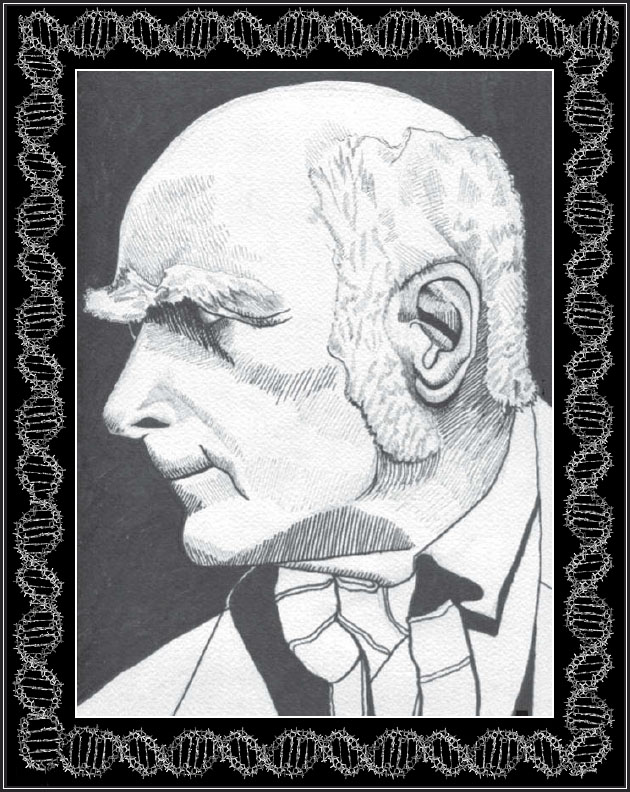THE INVENTION OF THE MICROCHIP HAS transformed molecular biology, yielding great progress in genomic medicine—especially in fields such as oncology and infectious disease. Unraveling the genetic underpinning of mental illness, however, has proved more daunting. This is hardly surprising, as many psychiatric disorders are highly heterogeneous and therefore difficult to link to specific genes. Further, most behavioral traits are likely polygenic—that is, controlled by many interacting genes. But despite slow progress in the area of behavioral genetics, psychiatry—after many decades lost in the wilderness—has benefited enormously from advances in neuroscience and has established itself as an empirically based medical discipline.
Unfortunately, psychoanalysis dominated American academic psychiatry during the middle decades of the twentieth century. Although it has since lost much of its influence, psychoanalytic thinking did much to obscure the prominent role of genetics in mental illness. Furthermore, despite significant advances in our understanding of the biological bases of behavior, psychoanalytically-tinged thinking has stubbornly hung on—having so thoroughly infected Western culture and folk-psychology. (Superstition, it has been said, may assume many disguises.)1 Large segments of the population, including many therapists, still assume a person’s behavioral problems and proclivities are predominantly shaped by one’s close relationships and “formative” experiences. In therapists’ offices throughout the world a watered-down version of Freud’s approach often still plays some role in the therapeutic process, as the patient (with the therapist’s guidance) concocts a “how-the-leopardgot-its spots” story of his or her current difficulties. We now know, however, that the mind is not structured along narrative principles but rather according to the laws of natural selection—from a blueprint written in digital code, composed of the base pairs that constitute our genetic endowments.

Francis Galton, Darwin’s cousin and the founder of the field of behavioral genetics.
Illustration by Anna L. Goldstein